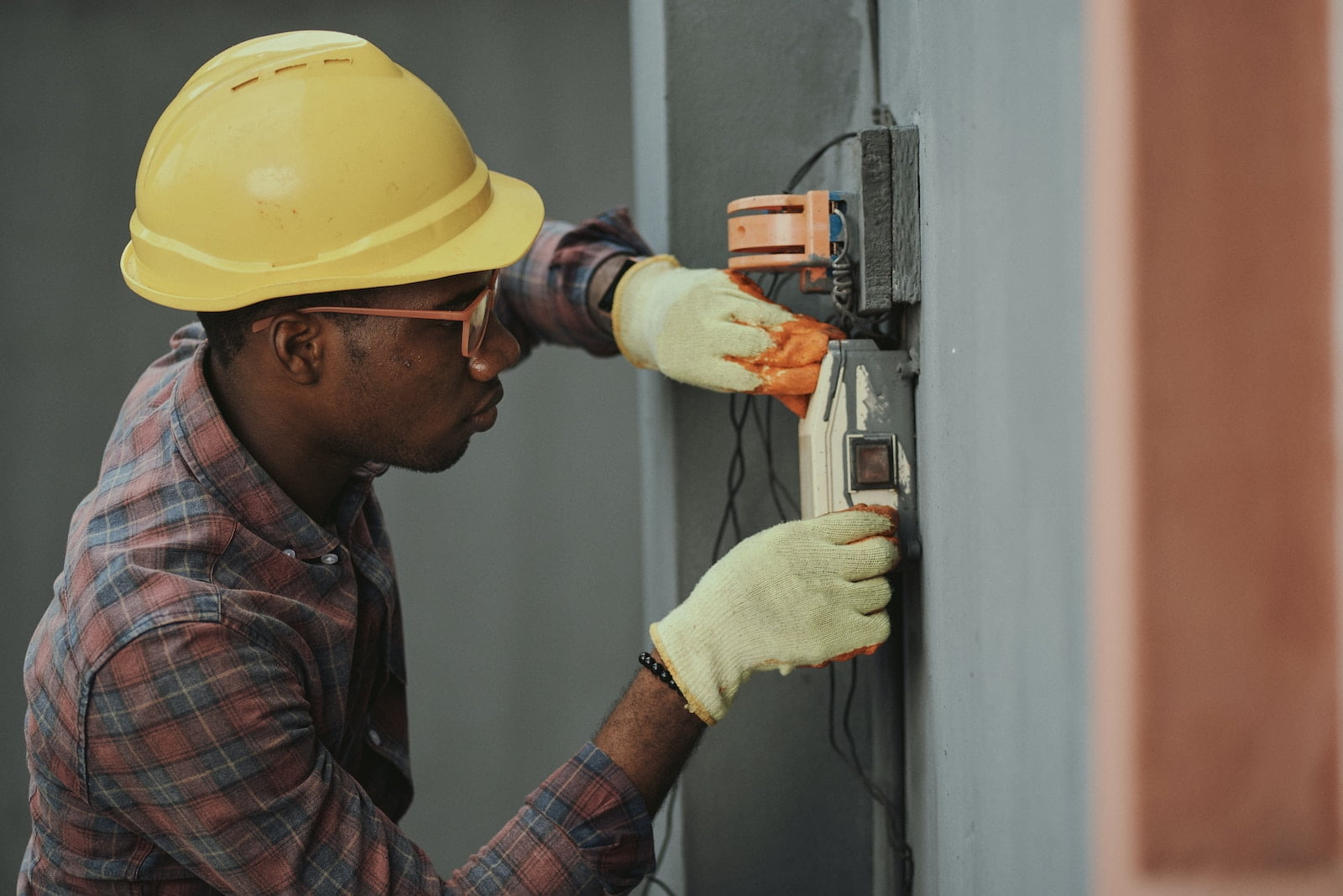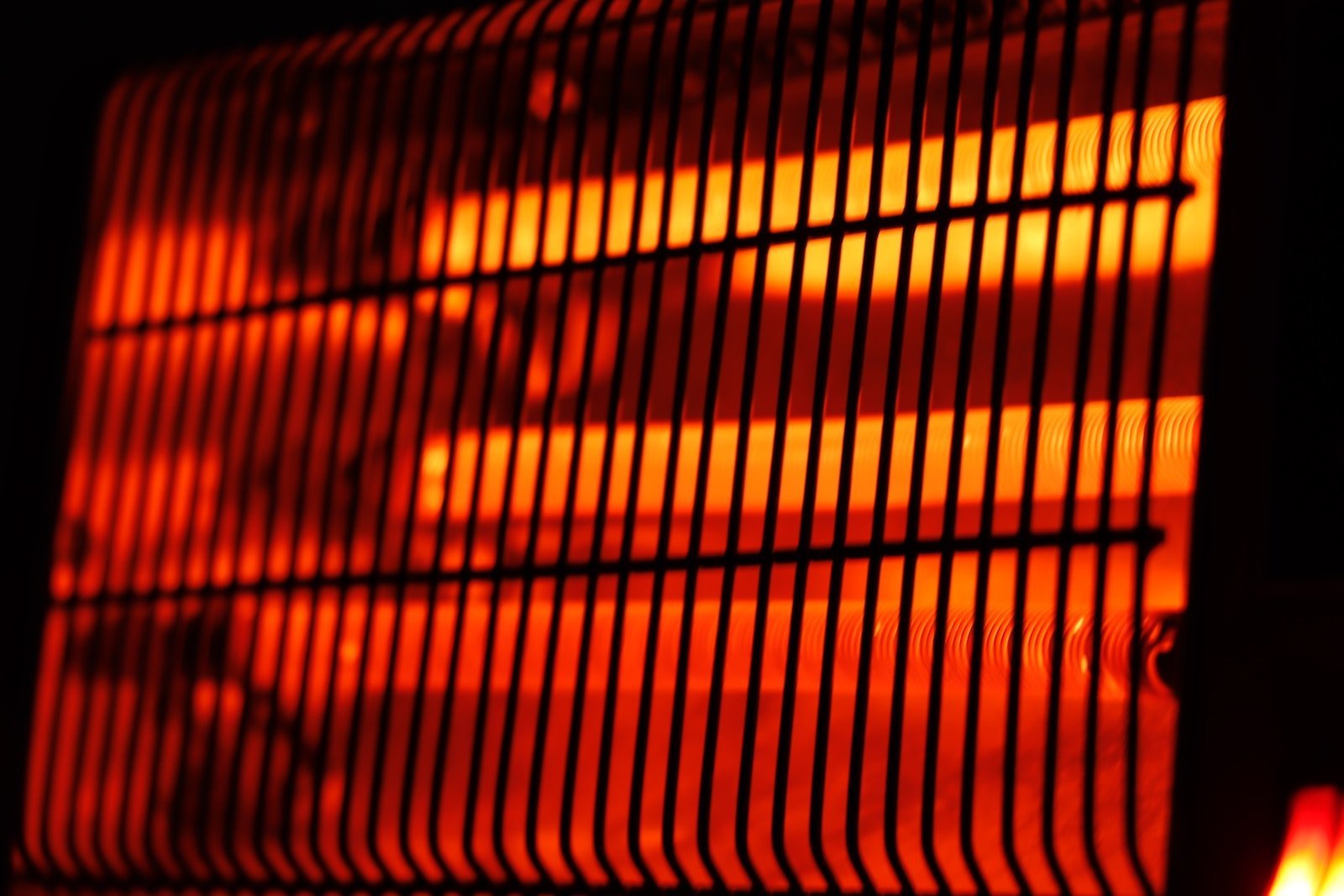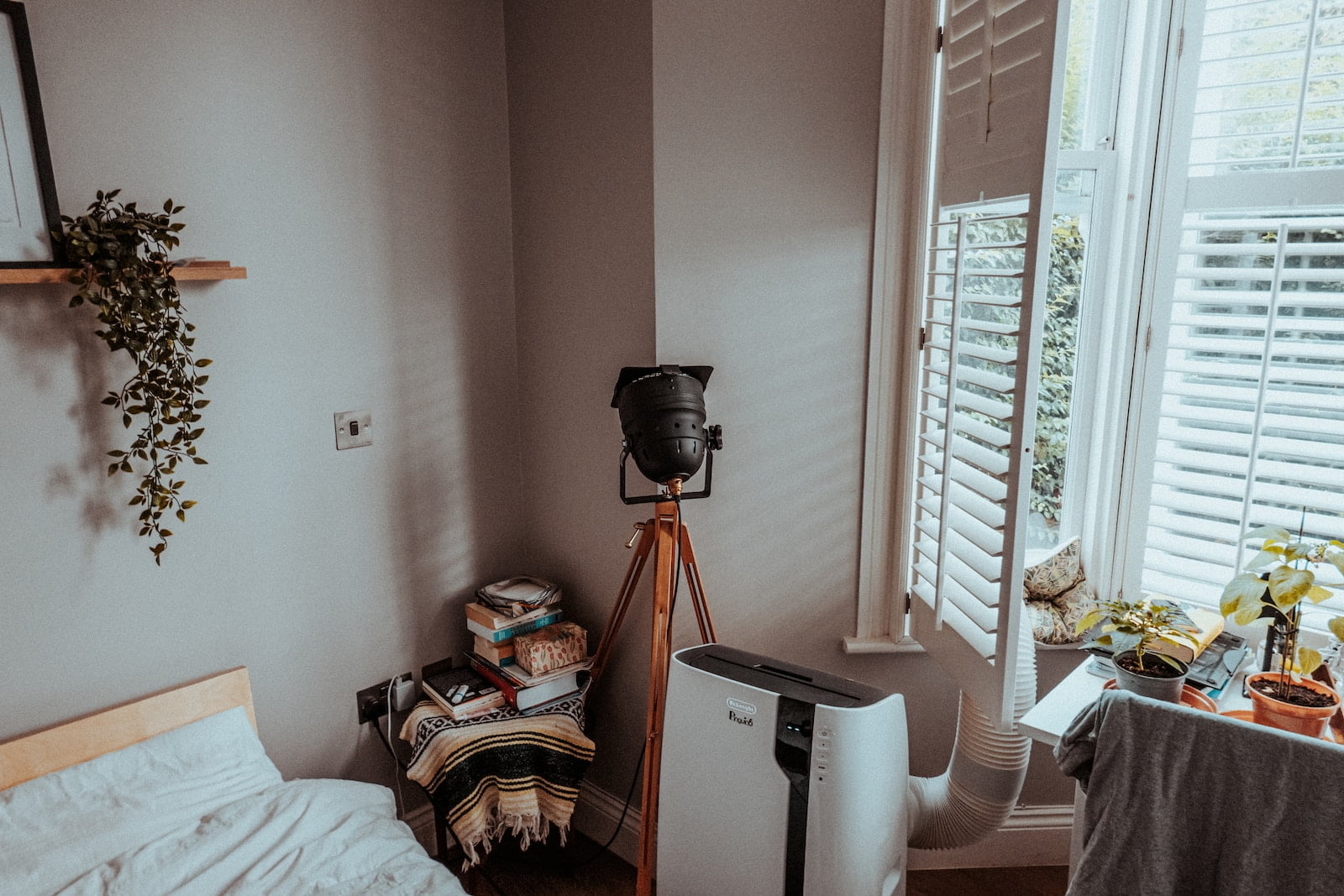How Many Watts Does an Air Conditioner Use?
When it comes to choosing an air conditioner, one of the most important factors to consider is its wattage. The wattage of an air conditioner determines its cooling capacity and energy efficiency. Understanding the wattage of an air conditioner can help you make an informed decision about which unit is best for your needs. In this article, we will provide a comprehensive introduction to air conditioner wattage, including what it is, how it is measured, and why it matters. Additionally, we will explore the different types of air conditioners and their wattage requirements. So, whether you are looking to purchase a new air conditioner or simply want to learn more about how they work, read on to discover everything you need to know about air conditioner wattage.
Factors That Affect Air Conditioner Wattage
The size and type of air conditioner unit are the most significant factors that affect its wattage. Larger units require more power to operate, while smaller units use less power. Additionally, window units typically use less power than central air conditioning systems. Other factors that can affect an air conditioner’s wattage include the unit’s age, maintenance, and efficiency rating. Older units tend to use more power than newer models, and units that have not been properly maintained may also use more power. Finally, air conditioning units with higher efficiency ratings typically use less power than those with lower ratings.
It is also important to note that the temperature and humidity levels in the environment can impact an air conditioner’s wattage. For example, an air conditioner will have to work harder and use more power to cool a room that is extremely hot and humid compared to a room that is cooler and less humid. Additionally, the number of people in a room and the amount of heat-generating appliances or electronics can also affect an air conditioner’s wattage.
Overall, there are several factors that can impact an air conditioner’s wattage, and it is important to consider these factors when selecting an air conditioning unit or determining how much power it will use. By choosing an appropriately sized unit with a high efficiency rating and maintaining it properly, you can help minimize your energy usage and save money on your electricity bill.
Understanding the Relationship Between Air Conditioner Wattage and Cooling Capacity
When it comes to selecting an air conditioner, it is important to understand the relationship between its wattage and cooling capacity. The wattage of an air conditioner is the amount of power it consumes to operate, while the cooling capacity is the amount of heat it can remove from a room. Generally, the higher the wattage of an air conditioner, the greater its cooling capacity. However, this relationship is not always linear as other factors such as room size, insulation, and outdoor temperature can also affect the cooling capacity.
It is important to note that a higher wattage air conditioner does not necessarily mean it is the best option for your needs. If you choose an air conditioner with too high of a wattage for your room, it may consume more energy than necessary and result in higher electricity bills. On the other hand, choosing an air conditioner with too low of a wattage may not effectively cool your room. The key is to find the right balance between wattage and cooling capacity for your specific needs.
When considering the wattage and cooling capacity of an air conditioner, it is also important to look for energy-efficient models. These models have been designed to operate using less energy while still providing effective cooling. Additionally, some air conditioners come with features such as programmable thermostats and energy-saving modes that can help reduce energy consumption and save you money in the long run.
Calculating the Wattage of Your Air Conditioner
Now that you know the formula for calculating the wattage of your air conditioner, it’s time to put it into practice. Start by finding the nameplate on your AC unit, which should have all the necessary information. Look for the voltage and amperage ratings, as well as the BTU (British Thermal Units) rating, which indicates the cooling capacity of the unit.
Next, use the formula: Watts = Volts x Amps to calculate the running wattage of your AC. For example, if your AC unit operates at 120 volts and 10 amps, the wattage would be 1200 watts (120 x 10 = 1200).
However, keep in mind that this only represents the running wattage of your AC unit. To calculate the startup wattage, you’ll need to factor in the surge of power that occurs when the unit first turns on. This can be up to three times the running wattage, so it’s important to account for this when choosing a generator or calculating your power needs.
By following these steps, you can accurately calculate the wattage of your air conditioner and ensure that you have the necessary power supply to keep it running smoothly.
Tips for Reducing Your Air Conditioner’s Wattage and Energy Consumption
Another way to reduce your air conditioner’s wattage and energy consumption is to keep your thermostat at a consistent temperature. Avoid constantly adjusting the temperature, as this can cause your air conditioner to work harder and use more energy. Instead, set your thermostat to a comfortable temperature and leave it there. Additionally, using ceiling fans or portable fans can help circulate cool air throughout your home, allowing you to use your air conditioner less frequently. Make sure to turn off fans when you leave the room, as they only cool people, not rooms. Finally, be sure to regularly clean and maintain your air conditioner, as a dirty unit can cause it to work harder and use more energy. By following these tips, you can reduce your air conditioner’s wattage and energy consumption, saving you money on your energy bills and helping to reduce your carbon footprint.






